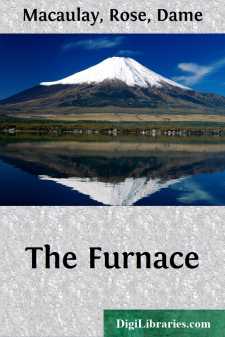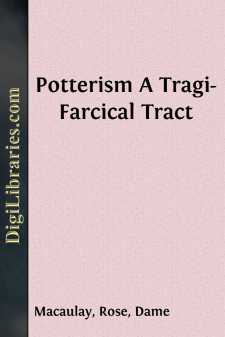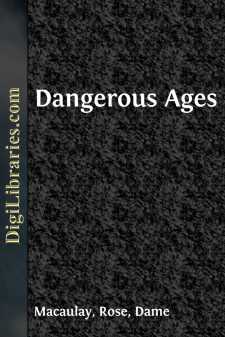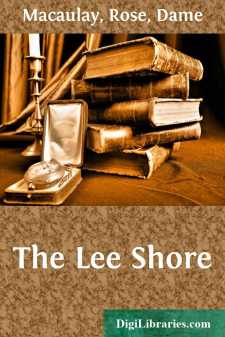Categories
- Antiques & Collectibles 13
- Architecture 36
- Art 48
- Bibles 22
- Biography & Autobiography 813
- Body, Mind & Spirit 142
- Business & Economics 28
- Children's Books 15
- Children's Fiction 12
- Computers 4
- Cooking 94
- Crafts & Hobbies 4
- Drama 346
- Education 46
- Family & Relationships 57
- Fiction 11829
- Games 19
- Gardening 17
- Health & Fitness 34
- History 1377
- House & Home 1
- Humor 147
- Juvenile Fiction 1873
- Juvenile Nonfiction 202
- Language Arts & Disciplines 88
- Law 16
- Literary Collections 686
- Literary Criticism 179
- Mathematics 13
- Medical 41
- Music 40
- Nature 179
- Non-Classifiable 1768
- Performing Arts 7
- Periodicals 1453
- Philosophy 64
- Photography 2
- Poetry 896
- Political Science 203
- Psychology 42
- Reference 154
- Religion 513
- Science 126
- Self-Help 84
- Social Science 81
- Sports & Recreation 34
- Study Aids 3
- Technology & Engineering 59
- Transportation 23
- Travel 463
- True Crime 29
The Furnace
by: Rose Macaulay
Description:
Excerpt
YOUTH IN THE CITY
'Val più aver amici in piazzaChe denari nella cassa.'
Proverb.
Royalty was arriving in the harbour in a steam-yacht. It had, that is, already arrived in the harbour; it was now disembarking on the pier. It was an interesting event. An edified crowd watched it; representatives of the Press jotted down their impressions; some took photographs. A few drew pictures instead. The representative of the Marchese Peppino, an illustrated paper widely perused in certain circles, drew pictures; one might gather that it was his intention to be funny, later, when he had leisure to amplify. Marchese Peppino always had that intention, and its readers, whose judgment of humour was possibly, however, not of the most delicate or polished type, considered that it usually fulfilled it. The drawings now in process of production were, before they were amplified at leisure, really quite like life; later they would become less so, but no doubt more entertaining. They seemed to be a little funny even now. A man looking over the artist's shoulder giggled and dug him in the ribs. The artist was a nonchalant young man, who did not seem to be amusing himself particularly, but to be working in a wholly professional and business-like spirit. He had quick eyes and clever fingers, and presumably, since he did his job really well, a suitably developed sense of the ludicrous.
Royalty left the pier. It was, presumably, going to have lunch before it admired Naples. That was certainly as well; it gave the representatives of the Press a respite, during which they, too, if they had the inclination and the wherewithal, might have lunch.
The representative of the Marchese Peppino sat down on an inverted basket and continued to record impressions, while the crowd thinned slowly.
A facetious young man, passing the artist, made a show of being doubled up with helpless laughter—a mirth presumably anticipatory in nature and complimentary of intent. When he wearied of the compliment he clapped the journalist on the shoulder and observed:
'We shall split our sides on Thursday, ne?'
He cherished an immense admiration for the pictorial staff of the Marchese Peppino. The staff gave him his usual melancholy look from under quick brows, and said:
'Have you seen my sister?'
'Just now, talking over there with La Corrini.'
From the group indicated by the jerked thumb the staff's sister emerged. She strolled up to her brother. There did not seem to be any particular difference between them, externally. The boy might have been twenty-three and the girl twenty-two; or it was quite equally likely to be the other way about. At first glance there seemed to be a certain resemblance between them in dress as well as in face; analysis, however, reduced this to the suggestion in each of an untidiness—one might all but say a disreputability—that made their worldly status a matter for speculation. The girl's hat was of broken straw, pulled over her eyes; one of her shoes lacked a lace; her blue cotton dress was sun-bleached and discoloured....






